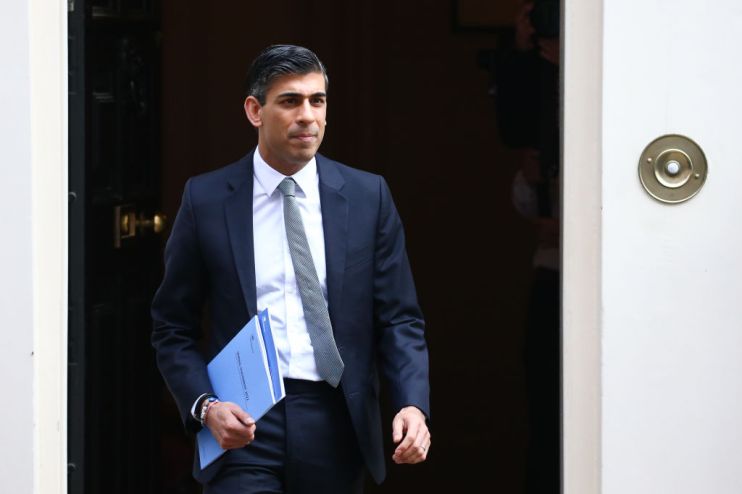Sunak reportedly vetoed plan to give households extra £300 to help with energy bils

Rishi Sunak reportedly vetoed a plan by civil servants to give households an extra £300 rebate in the government’s new energy strategy to help with the surging cost of bills.
The Department for Business, Energy and Industrial Strategy (Beis), who released the new strategy today, drew up plans to increase this year’s energy rebate from £200 to £500 or more for either all households or the poorest households.
Sunak’s £200 rebate, which has to be paid back over the next five years, came alongside a £150 handout for most British households as a part of a £9bn package in January.
A leaked document, revealed by the i newspaper, shows Kwasi Kwarteng’s department wanted the Treasury to go further or at the very least extend the period when households have to pay back the original £200.
However, the Treasury was unwilling to make the changes.
The leaked Beis document read: “We could boost the recently announced rebate scheme. There are three options: a) Increase the amount of the rebate e.g. from £200 to £500 or more – either for all or just for fuel poor households; b) Delay the point at which the rebate has to be repaid and/or extend the repayment period – again either for all or targeted at the fuel poor; c) Exempt at least some fuel poor households from all or some repayment.”
The government’s energy strategy is being published in the wake of mass disruption to energy supplies due to sanctions placed on Russia.
It aims to outline how the UK can become more energy independent and keep prices down long-term.
The key proposals in the plan are to increase the number of offshore wind farms and nuclear power plants, while also increasing the production of North Sea oil and gas in the short-term.
“This is the home of nuclear energy – we first split the atom in the UK, we havd the first civilian nuclear power plant,” Johnson said.
“We’re bringing nuclear home, with one nuclear reactor every year for eight years, rather than one a decade.”